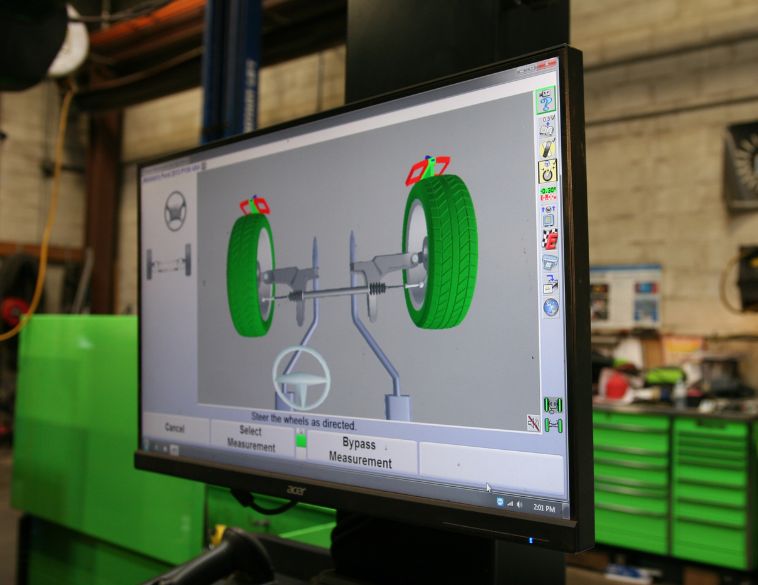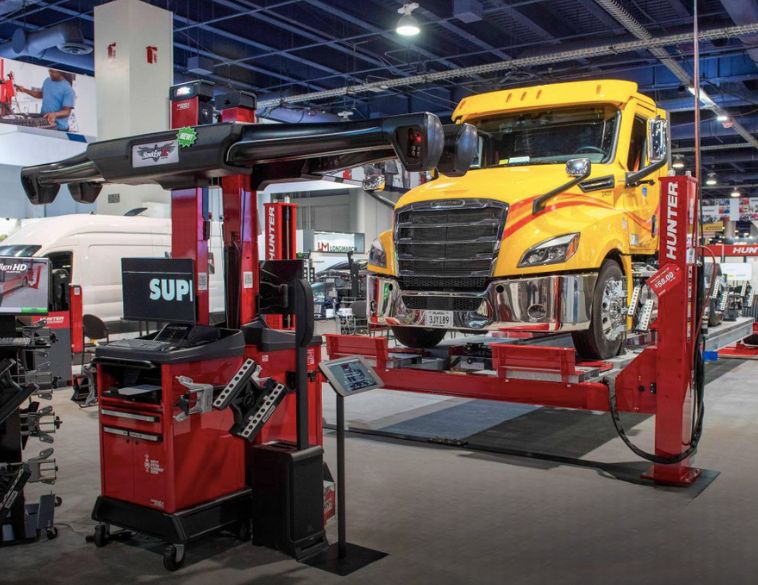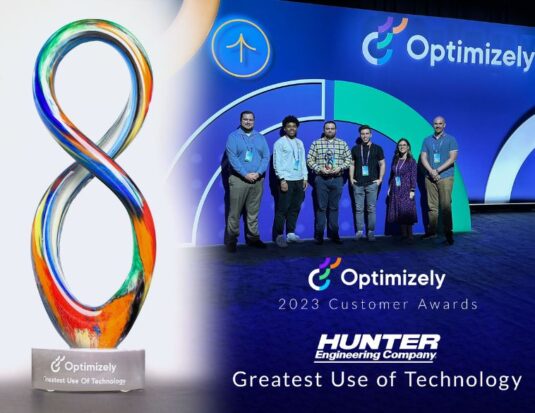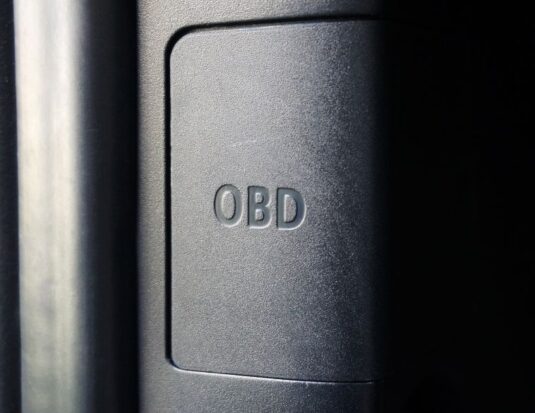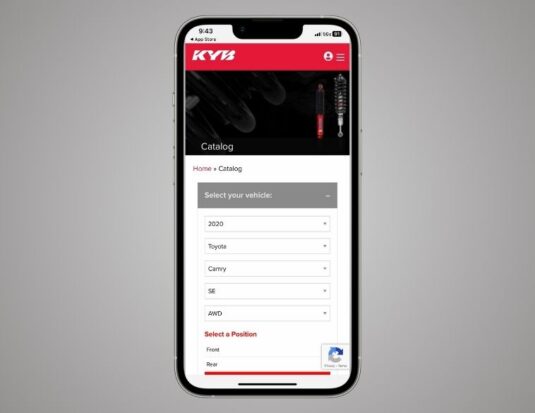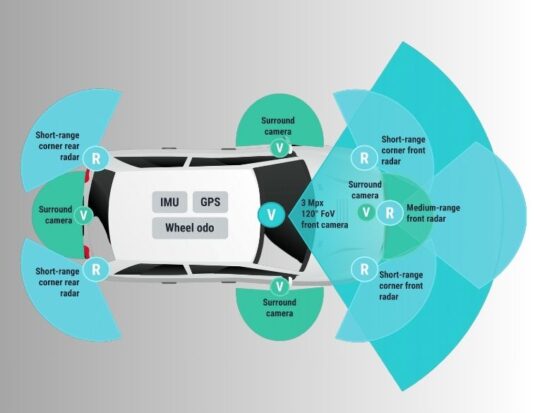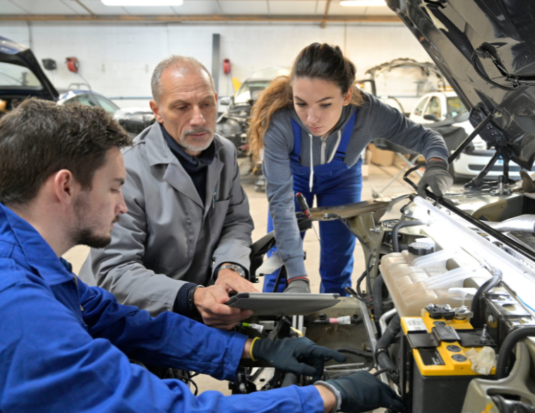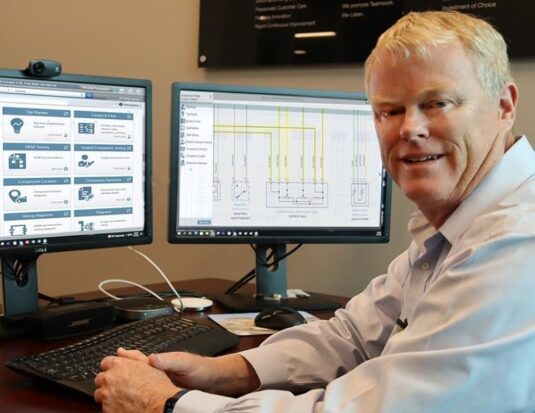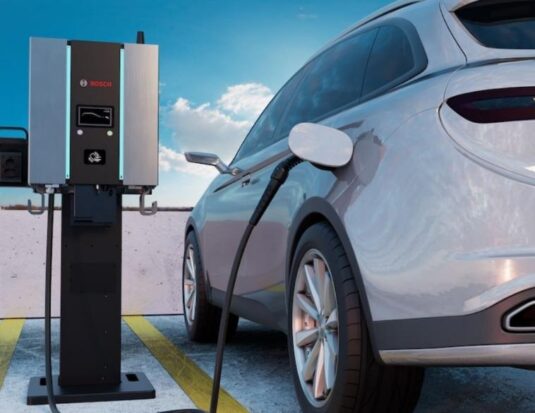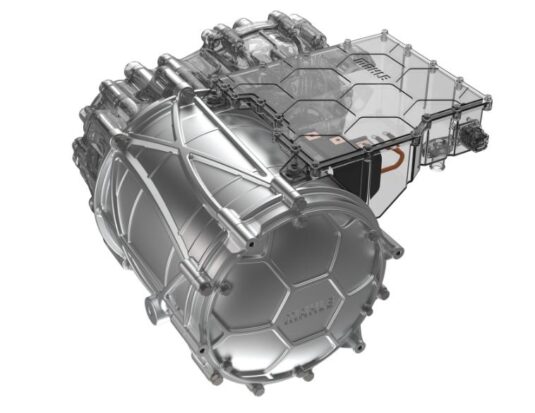Mechanical technology
Automotive technology has changed dramatically in recent years, and automotive technicians need to keep on top of things. Advanced Driver Assistance Systems (ADAS) alone, have changed the landscape, and now technicians need to understand ADAS calibration when working on modern vehicles. Advanced driver assistance systems calibration is a must before these vehicles are returned to the customer, when certain types of repairs are performed. ADAS includes a number of technologies that technicians must be familiar with. Today’s automotive software and car electronics are very advanced. Adaptive Cruise Control (ACC), or Intelligent Cruise Control, as it’s known, is quickly becoming the norm, and won’t work properly after a repair, unless the technician is able to use calibration software and hardware to make sure the ACC system is getting its data from cameras that are pointing in the right direction.
Electric cars
Expect the increase in the number of electric vehicles (EVs) on the road to change the way you run your business. Thanks in part to the car electronic chip shortage, we’re not seeing an EV wave, but we can rest assured that it’s coming. And with it, will come questions from customers that technicians and garage owners must be ready to deal with. Electric car charging is sure to be a topic of conversation, and as a service provider you will likely have to invest in an electric car charging station of your own. You might even be asked to recommend a home fast charger for electric cars. Will you be ready to answer your customers’ questions? Electronic chips for cars won’t be in short supply forever. Sooner or later all automotive technicians will have to wrap their minds around the next wave of EVs, understanding how they work and how they need to be fixed. Automotive technicians will have to master the latest auto mechanic software and car scanner software to work on this new breed of vehicles. Gone will be the days when a car diagnostic software PC, a car multimeter or a mechanics oscilloscope could help diagnose a problem and fix it. When it comes to EVs, they’re in league of their own.
Electronic control unit
Even today, thanks to innovations like the electronic control unit (ECU), cars are smarter than they were in years gone by. The CANbus, or CAN bus (Controller Area Network) bus allows microcontrollers and devices to communicate with each other. Each electronic control unit is able to communicate with other ECUs thanks to the CANbus. A system like this even allows a vehicle manufacturer to take advantage of CANbus LED bulbs, which work with, monitor, and report functionality to a vehicle’s control system. So just as today’s automotive technicians have to wrap their minds around how an automotive wiring junction box works, or the impact a faulty electronic ignition module may have on engine performance, or even how to diagnose a faulty car security system, tomorrow’s techs will have new challenges to deal with as vehicle technologies continue to evolve and advance. Knowing the different technologies of the automotive industry is important to fully understand the components of modern vehicles and the tools to use to maintain and repair them.


